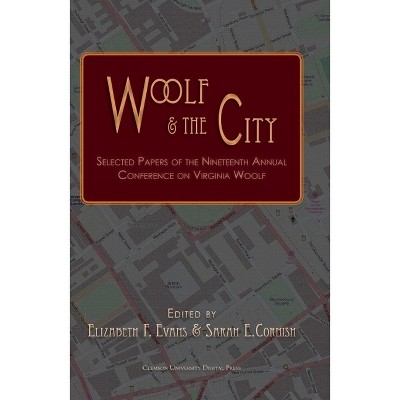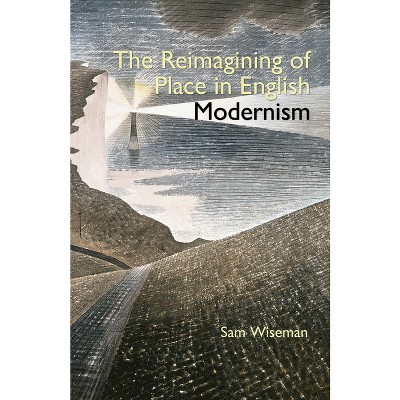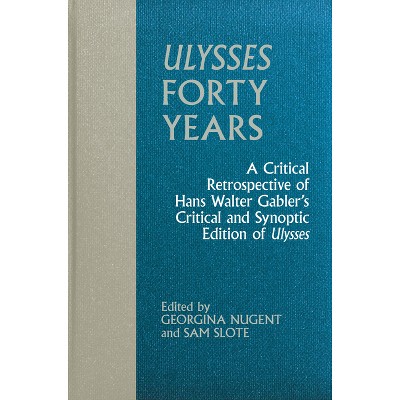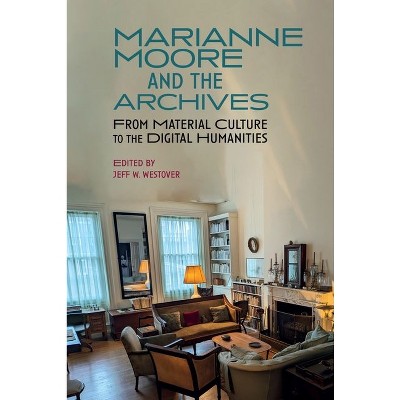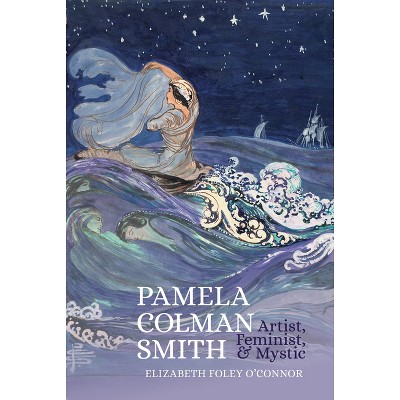Virginia Woolf - (Clemson University Press W/ Lup) by Benjamin D Hagen & Taya Sazama (Hardcover)

About this item
Highlights
- Ebook available to libraries exclusively as part of the JSTOR Path to Open initiative.Virginia Woolf: Profession and Performance explores the intersection of two fundamental interests of Virginia Woolf, offering to feminist modernist studies cutting-edge readings of primary works, comparative studies of Woolf and other modernist professionals-performers, and fresh accounts of Woolf's relationship to women's professional and public labor.
- Author(s): Benjamin D Hagen & Taya Sazama
- 256 Pages
- Literary Criticism, European
- Series Name: Clemson University Press W/ Lup
Description
About the Book
Virginia Woolf: Profession and Performance explores the intersection of Virginia Woolf's conceptualization of art, labor, education, and socio-political networks. The volume offers cutting-edge readings of primary texts, comparative studies of Woolf and other modernist professionals-performers, and fresh accounts of Woolf's relationship to women's professional and public labor.
Book Synopsis
Ebook available to libraries exclusively as part of the JSTOR Path to Open initiative.
Virginia Woolf: Profession and Performance explores the intersection of two fundamental interests of Virginia Woolf, offering to feminist modernist studies cutting-edge readings of primary works, comparative studies of Woolf and other modernist professionals-performers, and fresh accounts of Woolf's relationship to women's professional and public labor. The eleven chapters demonstrate the double valence of the volume's key words: "performance" conveys acts of staging as well as occupational work while "profession" encompasses careers and occupations as well as staged declarations. Moreover, "performance" evokes a sense of the "performative" speech acts, gestures, and other signifying behaviors that make something so, accomplishing and avowing lived realities as well as ethical values, socio-political positions, aesthetic preferences, and life-securing identities and hopes for the present and future. Beyond this semantic play, the stakes of the entanglement of profession and performance in Woolf's life and work are far-reaching. Centering a concern with modernist networks, this collection explores women's labor in literary and other aesthetic fields (e.g., publishing and photography), labor which professes new values and models new methods. Several chapters develop clarifying critiques of gender politics that reward the reproduction of professional status quos, highlighting subversive performances that threaten to unmoor, modify, or discard these politics.






